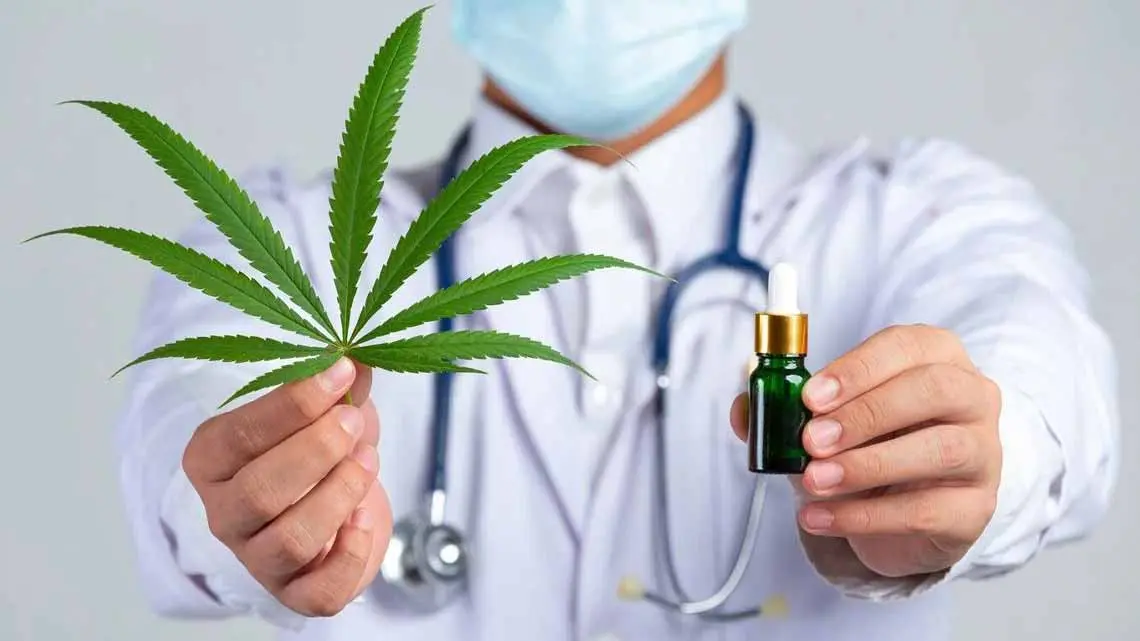As per the National Institutes of Health, the health benefits of cannabis have been utilized by humans for at least 3,000 years to address various conditions. Despite its ancient roots, the modern era is marked by a clash between the widespread belief in cannabis’s therapeutic potential and the limited scientific data on its effects.
This conflict has not hindered the momentum towards legalization. Today, at least 29 US states and the District of Columbia have legalized medical marijuana, with some also permitting recreational use. Given this dynamic landscape, it’s crucial to understand the scientifically backed health benefits of cannabis. Let’s know more about the most prominent ones.
Chronic Pain Relief
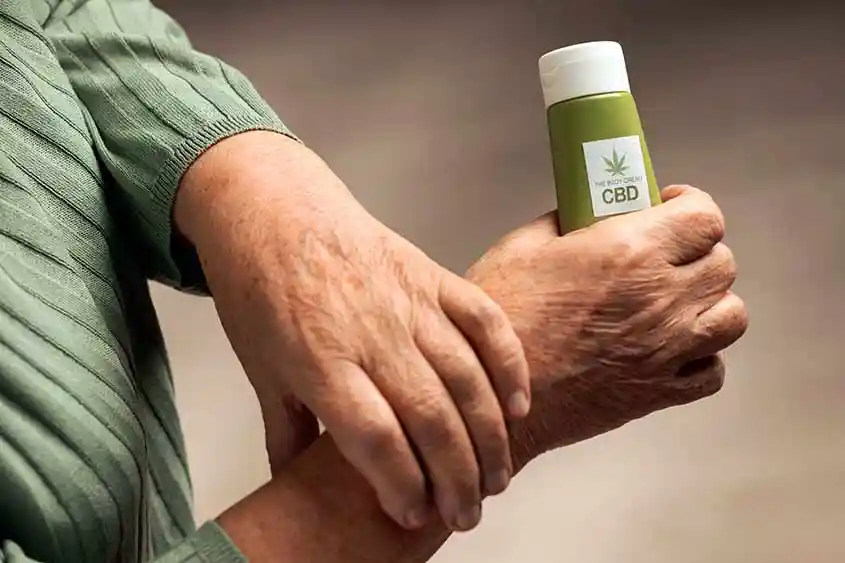
Chronic pain is a widespread issue, affecting over 25 million American adults. It is a leading cause of disability, making daily activities challenging for those suffering from it. Medical marijuana has emerged as a significant remedy for chronic pain, providing relief where traditional treatments may fall short. Let’s explore how cannabis helps alleviate chronic pain and the conditions it can address.
Understanding Chronic Pain
Chronic pain is defined as pain that lasts for more than three months. It can stem from an initial injury or an ongoing cause, such as an illness. Chronic pain affects both physical and emotional well-being, often leading to decreased mobility, anxiety, depression, and a reduced quality of life.
How Cannabis Relieves Chronic Pain
The primary active compounds in cannabis, known as cannabinoids, interact with the body’s endocannabinoid system. This system helps regulate pain, mood, and other physiological processes. The two most well-known cannabinoids are:
- THC (Tetrahydrocannabinol): The psychoactive component responsible for the “high” associated with marijuana.
- CBD (Cannabidiol): A non-psychoactive component known for its therapeutic properties.
These cannabinoids bind to specific receptors in the brain and nervous system, altering pain perception and reducing inflammation.
Common Chronic Pain Conditions Alleviated by Cannabis
Cannabis has shown promise in relieving pain associated with various conditions. Here are some of the most notable:
1. Arthritis
Arthritis is a condition characterized by inflammation of the joints, leading to pain and stiffness. Cannabis can help reduce inflammation and alleviate the pain associated with arthritis. Studies have shown that both THC and CBD can provide relief from arthritis symptoms.
2. Migraine
Migraines are severe headaches often accompanied by nausea, vomiting, and sensitivity to light and sound. Cannabis can help reduce the frequency and intensity of migraines. The anti-inflammatory properties of cannabinoids (along with their ability to modulate pain signals) make cannabis a potential treatment for migraine sufferers.
3. Endometriosis
Endometriosis occurs when tissue similar to the lining of the uterus grows outside the uterus, causing severe pain and menstrual irregularities. Cannabis can help manage the chronic pain associated with endometriosis. By interacting with the endocannabinoid system, cannabinoids can reduce inflammation and pain.
4. Fibromyalgia
Fibromyalgia is a chronic condition characterized by widespread pain, fatigue, and tender points on the body. Cannabis can help manage the symptoms of fibromyalgia by reducing pain and improving sleep quality. Patients often report significant relief from their symptoms when using medical marijuana.
Neurological and Mental Disorders
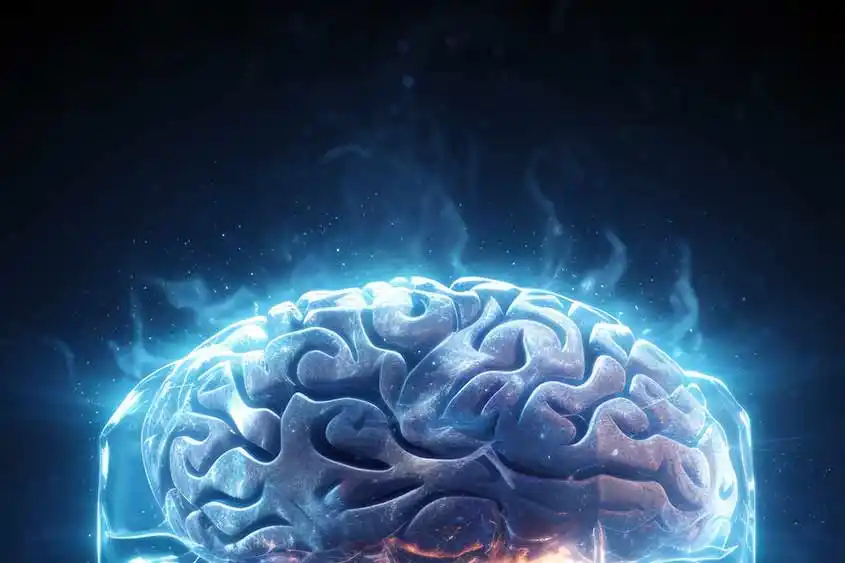
The health benefits of cannabis have shown promising potential in managing various mental health and neurological conditions. The limbic system, a complex set of structures in the brain involved in emotion, behavior, and long-term memory, plays a significant role in these conditions. By affecting the limbic system, cannabis can help alleviate symptoms and improve the quality of life for many individuals. Let’s explore how cannabis can aid in treating some of these disorders.
Understanding the Limbic System
The limbic system includes several interconnected structures such as the hippocampus, amygdala, and hypothalamus. It is crucial for regulating emotions, mood, and certain types of memory. Disruptions in the limbic system can lead to various mental health and neurological disorders. Cannabinoids, the active compounds in cannabis, interact with receptors in the limbic system, potentially offering therapeutic benefits.
1. Epilepsy (Lennox-Gastaut Syndrome & Dravet Syndrome)
Epilepsy is a neurological disorder characterized by recurrent seizures. Lennox-Gastaut Syndrome and Dravet Syndrome are severe forms of epilepsy that often resist traditional treatments.
The cannabinoid CBD has been particularly effective in reducing seizure frequency and severity in patients with these conditions. Epidiolex, a CBD-based medication, has been approved by the FDA for treating these specific epilepsy types.
2. Depression
Do the health benefits of cannabis extend to depression? Yes! Depression is a common mental health disorder that significantly impacts mood, behavior, and overall quality of life. It involves prolonged sadness, hopelessness, and a lack of interest in daily activities.
Certain strains of cannabis, particularly those high in CBD, have been found to have antidepressant-like effects. These strains can help regulate mood and alleviate symptoms of depression by interacting with serotonin receptors in the brain.
3. Anxiety
Anxiety disorders involve excessive fear, worry, and tension that can interfere with daily life. They encompass conditions such as generalized anxiety disorder, social anxiety disorder, and panic disorder.
Low doses of CBD have been shown to reduce anxiety and improve relaxation. However, it’s important to note that high doses of THC can sometimes exacerbate anxiety, so a balanced approach is essential.
4. Parkinson’s Disease
Parkinson’s Disease is a progressive neurological disorder affecting movement. Symptoms include tremors, stiffness, and difficulty with balance and coordination.
Cannabis, particularly CBD, can help alleviate some symptoms of Parkinson’s Disease, such as tremors and muscle rigidity. It may also improve sleep quality and reduce pain, thus contributing to better overall health.
5. Post-Traumatic Stress Disorder (PTSD)
PTSD is a mental health condition triggered by experiencing or witnessing a traumatic event. Symptoms include flashbacks, nightmares, severe anxiety, and uncontrollable thoughts about the event.
Cannabis and PTSD: Both THC and CBD have been found to help manage PTSD symptoms. THC can reduce nightmares and flashbacks, while CBD may help reduce anxiety and improve sleep.
6. Tourette Syndrome
Tourette Syndrome is a neurological disorder characterized by repetitive, involuntary movements and vocalizations known as tics.
Research indicates that cannabis, particularly THC, can help reduce the frequency and severity of tics in individuals with Tourette Syndrome. It may also help with associated symptoms like anxiety and obsessive-compulsive behaviors.
Cannabis for Neurological Conditions: Research and Evidence
Numerous studies support the efficiency of cannabis in treating these conditions. For instance, a review published in the journal Frontiers in Neurology highlights the benefits of CBD in reducing seizure frequency in epilepsy patients. Another study in the Journal of Affective Disorders found that cannabis could significantly reduce depression and anxiety symptoms. Research in the Journal of Psychopharmacology indicates that THC can help manage PTSD symptoms by reducing the severity of nightmares and anxiety.
Cannabis’s interaction with the limbic system offers significant potential for managing a variety of mental health and neurological disorders. From epilepsy and depression to anxiety, Parkinson’s Disease, PTSD, and Tourette Syndrome, cannabis can alleviate symptoms and enhance the quality of life for many individuals. As research continues to evolve, the therapeutic applications of cannabis in mental health and neurology are becoming increasingly recognized, offering hope for better management of these challenging conditions.
Further Uses of Cannabis
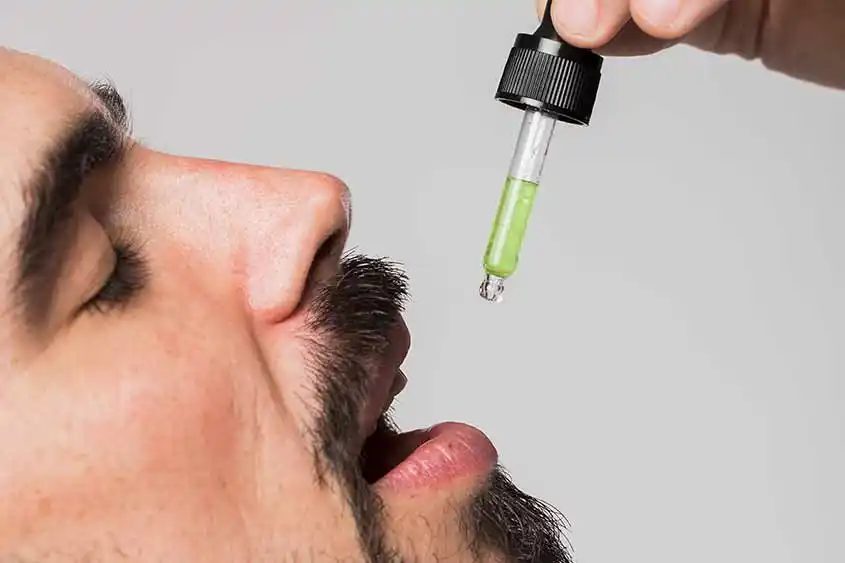
Cancer Treatment and Side Effects
Cannabis is well-known for its benefits in cancer treatment, particularly in managing chemotherapy side effects like chronic pain, nausea, vomiting, and loss of appetite. Evidence shows that oral cannabinoids are effective against chemotherapy-induced nausea and vomiting. Additionally, smoked marijuana has shown promise in alleviating these symptoms.
Marijuana can also enhance appetite and reduce chronic pain, offering significant relief to cancer patients undergoing treatment.
Multiple Sclerosis
Short-term use of oral cannabinoids has been shown to help people with multiple sclerosis (MS) by reducing symptoms of spasticity and pain. Cannabis’s ability to mitigate the neurological damage and muscle spasms associated with MS provides modest yet meaningful relief to patients.
Inflammation Reduction
Cannabidiol (CBD), a component of marijuana, has anti-inflammatory properties that can benefit individuals with inflammatory conditions such as:
- Rheumatoid Arthritis: Cannabis can help reduce inflammation and pain associated with rheumatoid arthritis.
- Crohn’s Disease: Cannabis has been found to alleviate symptoms and improve the quality of life for individuals with Crohn’s Disease.
- Irritable Bowel Syndrome (IBS): Cannabis may help manage IBS symptoms by reducing inflammation and regulating digestive processes.
CBD’s anti-inflammatory effects can help manage these conditions, reducing discomfort and improving patient outcomes.
Safe Usage of Cannabis for Health
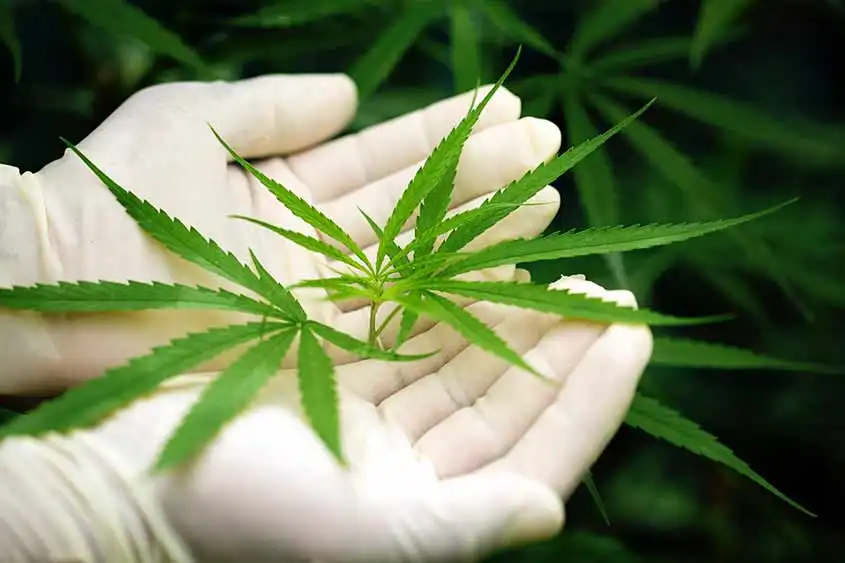
As cannabis becomes more widely accepted and utilized for medical purposes, it’s crucial to understand how to use it safely. While cannabis can offer significant health benefits, improper use can lead to adverse effects. This section will cover essential guidelines and considerations for the safe usage of cannabis in a medical context.
Before starting any cannabis regimen, it’s important to consult with a healthcare provider. A medical professional can provide guidance based on individual health conditions, potential drug interactions, and specific medical history.
- Personalized Dosage: Doctors can help determine the appropriate dosage and method of consumption tailored to the patient’s needs.
- Monitoring and Adjustment: Regular follow-ups with healthcare providers ensure the treatment’s effectiveness and allow for adjustments as necessary.
1. Methods of Consumption
Cannabis can be consumed in various forms, each with different onset times and durations of effects. Understanding these differences is key to safe and effective use.
- Smoking and Vaping: These methods offer quick relief, but may not be suitable for individuals with respiratory issues.
- Edibles: Cannabis-infused foods and beverages provide longer-lasting effects but have a delayed onset, making dosage control crucial.
- Tinctures and Oils: These can be taken sublingually (under the tongue) for moderate onset and duration.
- Topicals: Creams and balms are applied to the skin and are effective for localized pain and inflammation without psychoactive effects.
2. Cannabinoid Profiles
Different strains of cannabis have varying levels of cannabinoids such as THC and CBD, each offering distinct effects.
- High CBD, Low THC: Strains with high CBD and low THC are often preferred for medical use due to their therapeutic benefits without significant psychoactive effects.
- Balanced Strains: Strains with balanced THC and CBD levels can provide symptom relief with manageable psychoactive effects.
Start Low and Go Slow
Starting with a low dose and gradually increasing it allows patients to find the optimal dose that provides symptom relief with minimal side effects.
- Avoid Overconsumption: Overconsumption, especially with edibles, can lead to adverse effects such as anxiety, paranoia, and dizziness.
- Titration: Gradually adjusting the dosage helps to achieve the desired therapeutic effect without overloading the system.
Be Aware of Potential Side Effects
- Common Side Effects – While cannabis is generally well-tolerated, some individuals may experience side effects.
- Short-term Effects: These can include dry mouth, red eyes, increased heart rate, and impaired coordination.
- Long-term Effects: Chronic use can lead to dependency, cognitive impairment, and respiratory issues (if smoked).
- Managing Side Effects
- Hydration: Drinking plenty of water can help manage dry mouth and dehydration.
- Balanced Use: Taking breaks and using cannabis in moderation can reduce the risk of dependency and other long-term effects.
Legal and Quality Considerations
- Legal Compliance
- Ensure that cannabis use complies with local laws and regulations. This includes understanding legal limits on possession and consumption.
- State Laws: Regulations vary widely across states and countries, so it’s essential to be informed about local laws.
- Product Quality
- Using high-quality, lab-tested cannabis products ensures safety and efficacy.
- Avoid Contaminants: Choose products tested for pesticides, mold, and other contaminants.
- Trusted Sources: Purchase from reputable dispensaries that provide transparent product information.
Conclusion
The health benefits of cannabis are many, including relief from chronic pain, neurological and mental disorders, cancer treatment side effects, and inflammation. The therapeutic effects are largely due to cannabinoids interacting with the body’s endocannabinoid system. Conditions such as arthritis, epilepsy, depression, Parkinson’s Disease, PTSD, and more can see substantial improvements with cannabis use.
Safe and effective use of cannabis requires consulting healthcare providers, understanding different consumption methods, starting with low doses, and being aware of side effects. Legal compliance and product quality are also crucial. As research advances, cannabis’s potential in medical treatments becomes increasingly evident, promising improved management of various health conditions and better quality of life for many.
Consult a healthcare professional before using cannabis products; the advice provided is not a substitute for medical guidance.

